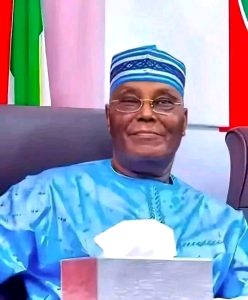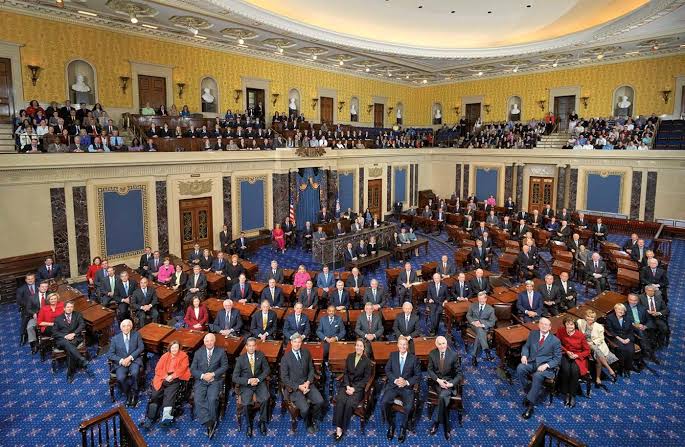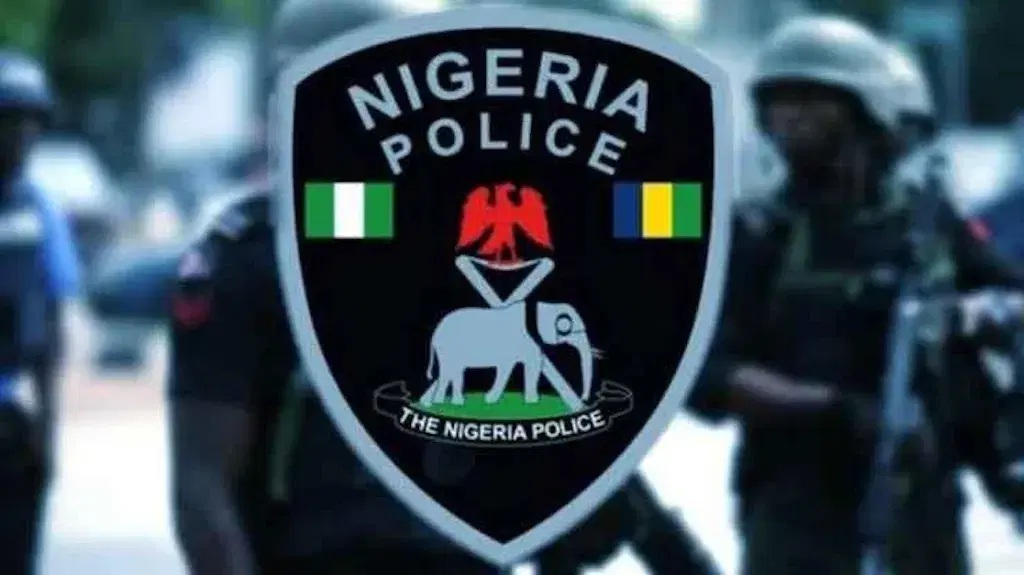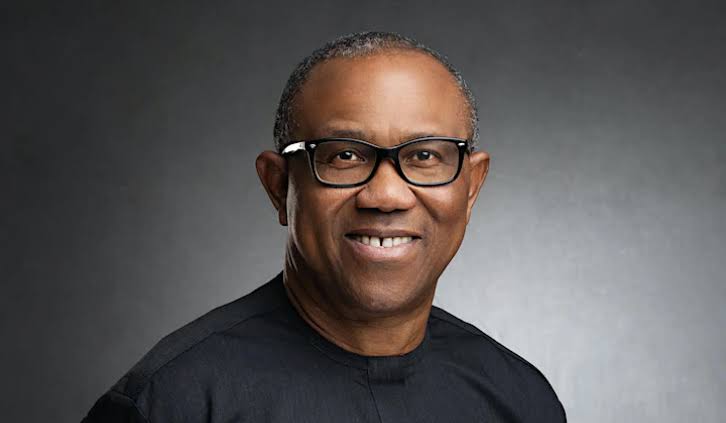News
Why former Vice President Atiku Abubarkar resigned from PDP
DDM NEWS

Atiku Abubarkar
Atiku Abubakar, Nigeria’s former Vice President and two-time presidential candidate, has resigned from the People’s Democratic Party (PDP) effective immediately. In a letter dated July 14, 2025, addressed to the PDP Chairman of Jada 1 Ward in Adamawa State, Atiku cited the party’s departure from its founding principles as the reason for his resignation .
Atiku expressed deep disappointment with the PDP’s current trajectory, stating that it no longer aligns with the party’s core values.
He described his decision as “heartbreaking” but necessary due to irreconcilable differences between himself and the party’s leadership.
Atiku emphasized that his resignation stems from the party’s deviation from its foundational principles, which he believes are essential to its identity and purpose.
Atiku has been a key figure in the PDP since its inception in 1998.
He served as Nigeria’s Vice President from 1999 to 2007 under President Olusegun Obasanjo and later became the PDP’s presidential candidate in the 2019 and 2023 elections.
Atiku’s resignation marks the end of a long-standing association with the party he helped found.
Atiku’s resignation has sent shockwaves through Nigeria’s political landscape, sparking speculation about his next move.
Some believe he may join another political party, potentially ahead of the 2027 general elections.
Notably, Atiku has recently been involved in forming an opposition coalition under the African Democratic Congress (ADC), alongside other prominent figures like Peter Obi, Rotimi Amaechi, and Nasir el-Rufai.
In his resignation letter, Atiku expressed gratitude for the opportunities the PDP provided him, including his two presidential bids.
He wished the party and its leadership well in the future, saying, “I wish the Party and its leadership all the best in the future.”
Atiku’s resignation letter was formally acknowledged and received by Hammardama Abubakar on July 14, 2025.
The PDP has yet to issue an official response to Atiku’s resignation.
However, his decision has sparked intense speculation about his future plans and potential impact on the party.
As a prominent figure in Nigerian politics, Atiku’s resignation could have significant implications for the PDP and the broader political landscape .
Abubakar’s political journey has been marked by multiple shifts.
He previously left the PDP in 2014 to join the APC, only to return in 2017 ahead of his 2019 presidential bid against Muhammadu Buhari.
Rumours of his exit have circulated earlier this year, with his aides dismissing reports in April as “malicious lies” and “political hatchet jobs.”
However, the latest developments appear tied to frustrations over the party’s direction, including zoning disputes and leadership struggles that pitted Abubakar against figures like former Rivers State Governor Nyesom Wike.
For Diaspora Digital Media Updates click on Whatsapp, or Telegram. For eyewitness accounts/ reports/ articles, write to: citizenreports@diasporadigitalmedia.com. Follow us on X (Fomerly Twitter) or Facebook












